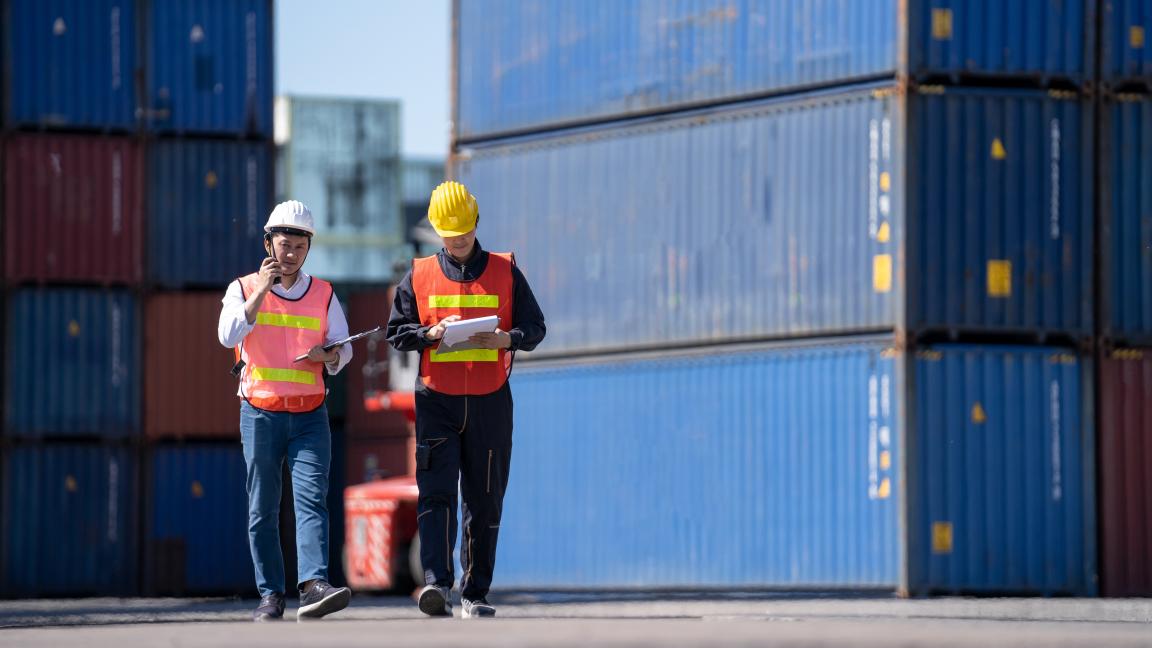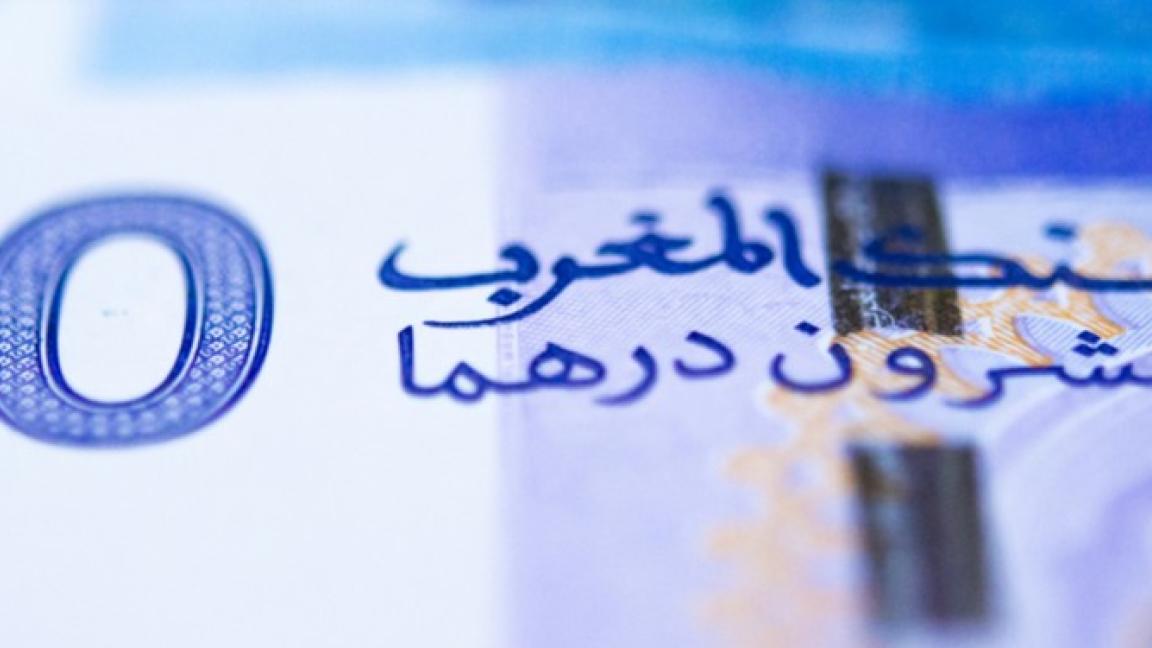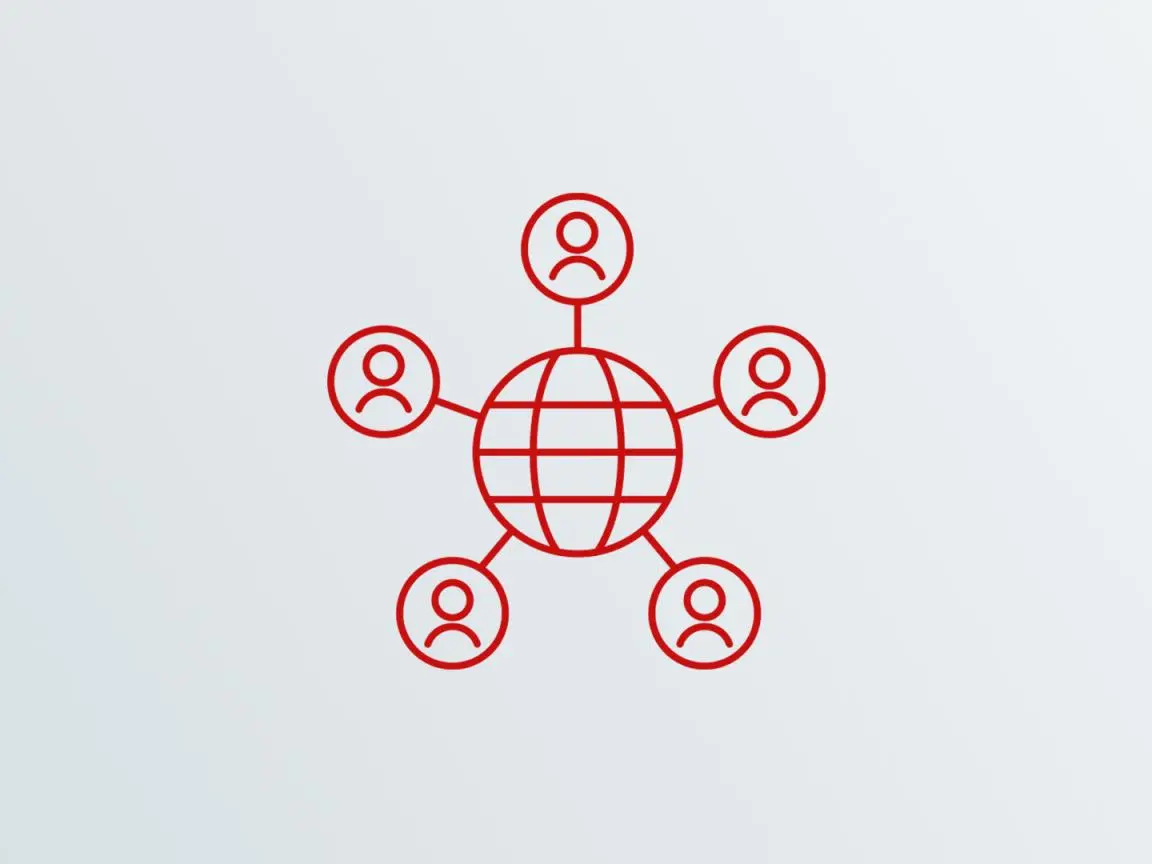The Deutsche Gesellschaft für Internationale Zusammenarbeit (GIZ) GmbH has been working in Morocco since 1975 and opened its office in Rabat in 1999.
Morocco has established itself as a regional trailblazer by utilising its strategic location, potential for renewable energies, political stability and robust infrastructure. The country’s growing green hydrogen economy, together with its proximity to Europe and dynamic labour market, make it an important player in Africa and a centre for innovative industries.
At the same time, Morocco is working to reduce unemployment and regional inequalities and to strengthen links between urban and rural areas. The country is also showing great resilience to global challenges such as climate change, economic changes and natural events such as the 2023 earthquake.
In order to meet these challenges and harness its potential, Morocco has developed a strategy in the form of the New Development Model (NMD 2021), which aims to achieve inclusive and sustainable development by 2035.
Our work on site: For renewable energies and a strong economy
As agreed between the German and Moroccan governments, GIZ’s work is focused on the following areas:
- Sustainable energy and climate change mitigation
- Sustainable economic development
- Migration and good governance
Morocco aims to achieve a 52% share of renewable energies in the electricity mix by 2030 and to reduce energy consumption by 20%. In view of the challenges posed by climate change, GIZ is supporting the country in its energy transition, decarbonisation and implementation of climate policy. The approach places a particular focus on water management and strengthening resilience to environmental impacts. On behalf of the German Government, GIZ is assisting with job creation efforts and the employment of women in Morocco. A particular emphasis is placed on promoting micro-enterprises, small and medium-sized enterprises (SMEs) and start-ups. The aim of this is to strengthen local economic cycles and promote entrepreneurship. This will also empower women economically.
GIZ’s work in Morocco places particular emphasis on strengthening good governance. It promotes regionalisation and citizen participation with a view to improving public services. At the same time, Morocco is a key partner in international migration initiatives. The aim of cooperation with Germany and the EU is to promote occupational mobility and support the social integration of migrants and the Moroccan diaspora.
Morocco in brief
GIZ local staff
As of: 31.12.2025
- 216 National employees
- 46 International employees
Insights


